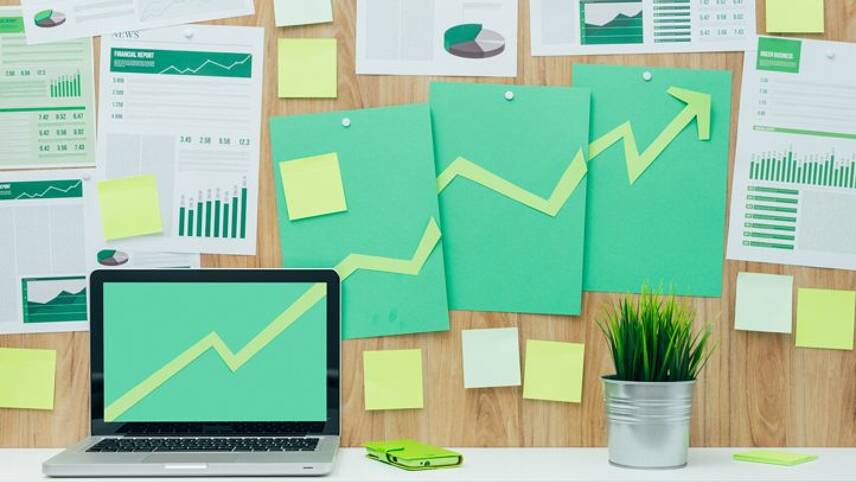Register for free and continue reading
Join our growing army of changemakers and get unlimited access to our premium content

He launched the Mayday Network hosted by Business in the Community (BITC) which saw hundreds of businesses answer the call to action.
A decade later and businesses are operating in a vastly different landscape, with new challenges and opportunities on the road to a 2C economy.
The commitment to deliver on the Paris Agreement to limit global warming to below 2C by 2030 puts a clear deadline on the table; businesses need to both adapt to a 2C warmer world, and to be part of the solution to ensure that we deliver on this commitment need to be central to business operations.
At a time of considerable global political upheaval and ongoing uncertainty around the role environmental issues will play in Brexit negotiations, business has one of the most important roles to play in delivering on our climate change commitments. This week, as part of Responsible Business Week, over a hundred companies are coming together to share their stories about how they have worked to lower carbon emissions and identify innovative business solutions to climate change. This is a culmination of 3 months of conversations with businesses about their journey over the last decade. Business leaders tell us that by focussing on environmental measures, they have created connections between sustainability departments, leaders, boards and finance teams that seemed impossible a decade ago. It is really encouraging to see that sustainability is increasingly being incorporated into the heart of how business operates.
But if we are to reach the 2C target and move beyond it to secure the future of the planet we must mainstream the idea of moving towards a net zero carbon world as well as concepts such as the circular economy (the use and re-use of resources) climate change accounting, (financial disclosure and counting), tackling Scope 3 emissions, (indirect emissions from suppliers and consumers), and restoring the health of the ecosystems we depend on, all at pace and scale.
As a result of our conversations we have produced a new report, Smart Growth: Achieving the 2°C economy. This report provides examples of the commitment that businesses have made to playing their part in building a restorative, 2C economy and outlines a route map to accelerate progress over the next decade. The next step is to develop the individual and collaborative action plans to support ‘smart growth’ and accelerate progress by all businesses, regardless of size or sector.
With a planet set to reach nine billion by 2050 it is crucial business innovates to tackle climate change and harness the best of technology to help us get to a prosperous and resilient 2C world.
Gudrun Cartwright, environment director, Business in the Community
Gudrun leads BITC’s Environment programme focused on ‘smart growth’ – creating prosperity and opportunity through a rapid transition to a resilient, net zero carbon, circular economy that restores the health of water, land and biodiversity in urban and rural areas. Gudrun is passionate about developing collaborative, cross sector projects that deliver a step change at a system level and has established water and circular economy taskforces to enable this work.




Please login or Register to leave a comment.